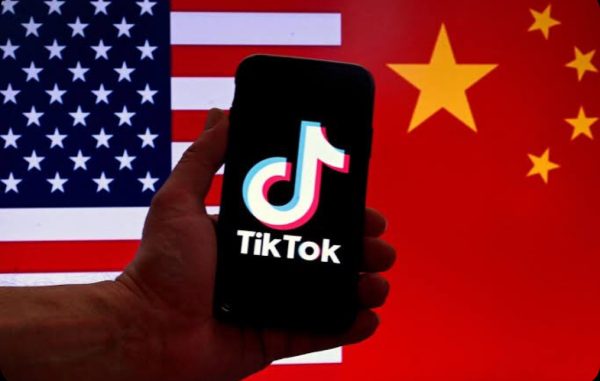Tampons Are Not A Luxury
When you think of luxury items you may think of diamonds or a sports car, but surely tampons won’t come to mind. Yes, in fact, tampons are considered a luxury item in many U.S. states and countries around the world. Menstrual hygiene products are essential to all people with periods, however, they are considered luxury items and therefore not subject to the same tax exemption status of goods considered basic necessities. The “tampon tax” as it is colloquially known, is an unnecessary, sexist pseudo tax that needs to be removed in the U.S. and around the world. However, only 20 out of 50 states have removed this tax from menstrual hygiene products. The elimination of the tampon tax will give low-income groups more access to menstrual products and is a moderate but essential step towards ending period poverty.
The main defense of the tax is revenue collection. Supporters of the tax state that “Exempting feminine hygiene products from the sales tax base results in less revenue for the state, leading to higher overall rates in the long run”(Nicole Kaeding). However, many men’s health products that are not basic necessities are tax-exempt. For example, erectile dysfunction medication which only about 50 percent of men use is tax-exempt whereas menstrual products, which 100 percent of people who menstruate need, are not. The difference is not only the number of people who use the product but also the essentiality of the product in order to participate in society. Furthermore, many countries including Germany, Australia, Canada, India, Malaysia, and the U.K. have granted menstrual hygiene products exemption status and Scotland has even made them available for free. In fact, none of these countries have had problems with the reduced tax income from these products. Unlike these countries, “[People who menstruate] in the United States are estimated to spend an additional $150 million per year on menstrual products” (Natasha Bach).
What some supporters of the tax might not understand is the necessity of menstrual hygiene products. Without them, women are not only more uncomfortable and less likely to be able to participate in society, but they are also more vulnerable to a plethora of infections and other health risks. “Those who are unable to afford tampons and pads are at risk of isolation, infection, and even missed days of school and work” (Period Equity). Not only that but the added luxury tax should not be the difference between buying food or menstrual hygiene products which is a very real situation for many low-income groups. By removing the “tampon tax” these products would be much more accessible and may even lead to future actions being taken to further divert the cost of menstrual hygiene products. In fact, there are many organizations fighting for greater menstrual hygiene accessibility including Period Equity, a national law, and policy advocacy group. Thankfully, Pennsylvania has exempted menstrual hygiene products from the luxury tax, however, many states and countries around the world have yet to make this crucial change. Menstrual hygiene products shouldn’t be taxed as a luxury. Period.
Jocelyn Horan, Grade 12. Jocelyn is involved in Concert Choir, Mini-THON, NHS, and is a volunteer for The Christopher Court Foundation. Jocelyn enjoys singing,...









